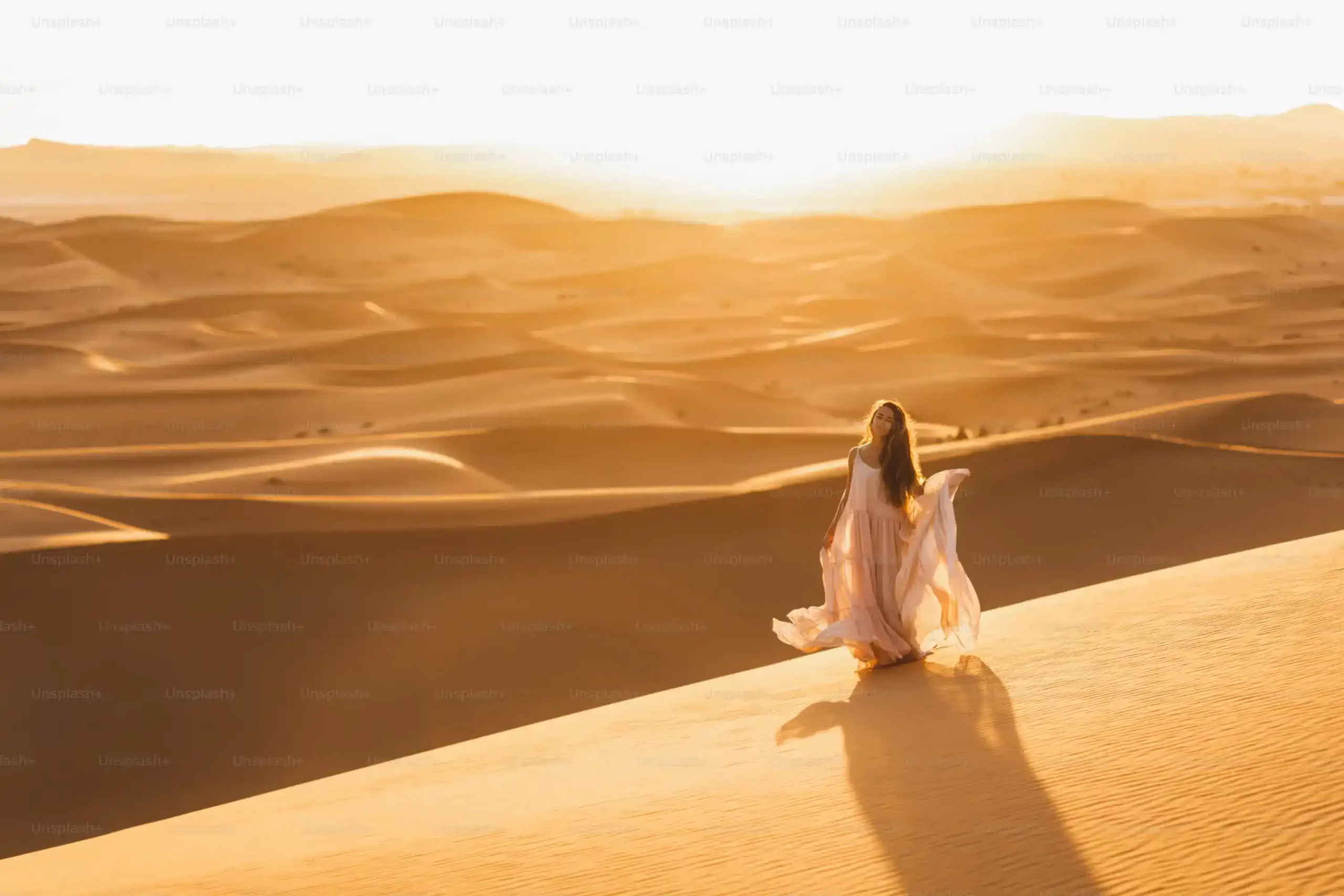Dubai, a city of superlatives, is renowned for its awe-inspiring skyscrapers, luxurious lifestyle, and unparalleled shopping experiences. However, beneath this modern façade lies a rich tapestry of culture and tradition that dates back centuries. Understanding Dubai’s cultural and traditional aspects provides a deeper appreciation for this vibrant city. In this article, we’ll explore Dubai’s fascinating culture and traditions,
Historical Background
Dubai’s history is rooted in its strategic location along ancient trade routes between Europe, Africa, and Asia. Originally a tiny fishing and pearling village, Dubai has grown exponentially since the discovery of oil in the 1960s. However, the city’s rapid development has not overshadowed its rich cultural heritage.
Traditional Dress
One of the most visible aspects of Dubai’s culture is its traditional dress. Emirati men typically wear the dishdasha or kandura, a long white robe paired with a headscarf known as the ghutra or shemagh. Women wear the abaya, a black cloak, and the sheila, a headscarf. These garments are about modesty and reflect the city’s respect for tradition and identity.
Language and Religion
Arabic is the official language of Dubai, although English is widely spoken due to the city’s cosmopolitan nature. Islam is the dominant religion, influencing various aspects of daily life, including work hours, social customs, and holidays. The call to prayer, heard five times a day, serves as a reminder of the spiritual foundation of Dubai’s culture.
Festivals and Celebrations
Ramadan and Eid
Ramadan, the holy month of fasting, is a significant time in Dubai. The city slows down during the day and comes alive at night with iftar (the meal to break the fast) and suhoor (the pre-dawn meal). The end of Ramadan is marked by Eid al-Fitr, a festive time filled with prayers, feasts, and family gatherings.
National Day
Celebrated on December 2nd, UAE National Day marks the union of the emirates. The day is characterized by patriotic displays, cultural performances, and fireworks, showcasing the nation’s pride and unity.
Cultural Etiquette
Respect and hospitality are cornerstones of Emirati culture. When visiting Dubai, it’s essential to adhere to local customs. Modesty in dress and behavior, especially in public places, is highly valued. Greetings often involve handshakes and inquiries about health and family, reflecting the importance of personal relationships.
Traditional Cuisine
Dubai’s culinary scene is a reflection of its diverse population. Traditional Emirati cuisine is hearty and flavorful, with dishes like machboos (spiced rice with meat), hummus, and shawarma. Dates and Arabic coffee are staples in Emirati hospitality, often offered to guests as a sign of welcome.
Art and Architecture
Dubai’s architecture blends the old and the new. The city boasts modern marvels like the Burj Khalifa and Palm Jumeirah yet retains historical sites such as the Al Fahidi Historic District, which offers a glimpse into traditional life with its wind-tower architecture. Art is also flourishing in Dubai, with institutions like the Dubai Opera and Alserkal Avenue promoting local and international artists.
The Influence of Tradition on Modern Enterprises
While Dubai has embraced modernization, its cultural values still significantly influence business practices. Respect, hospitality, and building personal relationships are crucial in business. Companies like MxDubai, which offers Buggy Rental Dubai services, thrive by blending modern adventure experiences with the cultural essence of the city. Understanding and respecting local traditions can enhance customer experience and build lasting business relationships.
The Role of Adventure and Tourism
Adventure and tourism are vital components of Dubai’s economy, attracting millions of visitors annually. Desert safaris, dune bashing, and Buggy Rental Dubai are popular activities that thrillingly explore the natural landscape. Companies like MxDubai capitalize on this by offering unique, culturally immersive experiences that cater to tourists’ desire for adventure while respecting local customs and traditions.
Desert Safaris
Desert safaris are a quintessential Dubai experience, combining the thrill of dune bashing with cultural elements like camel rides, falconry displays, and traditional Bedouin camp experiences. These activities offer a glimpse into the nomadic lifestyle that once defined the region.
Buggy Rentals
For those seeking a more hands-on adventure, Buggy Rental Dubai offers an exhilarating way to navigate the desert terrain. Companies like MxDubai ensure that these activities are conducted safely and responsibly, respecting the area’s natural environment and cultural heritage.
The Fusion of Tradition and Modernity
Dubai is a city where tradition and modernity coexist harmoniously. The fusion is evident in various aspects of life, from architecture and fashion to business practices and entertainment. This unique blend makes Dubai a fascinating destination for residents and visitors.
Modern Infrastructure
The city’s skyline has futuristic skyscrapers, state-of-the-art shopping malls, and luxurious hotels. However, amidst this modernity, traditional souks (markets) like the Gold Souk and Spice Souk remain bustling hubs of commerce, offering a sensory overload of sights, sounds, and smells.
Cultural Preservation
Dubai takes significant steps to preserve its cultural heritage. Museums like the Dubai Museum and Etihad Museum offer insights into the city’s history and development. Cultural festivals and events, such as the Dubai Shopping Festival and Dubai International Film Festival, celebrate the city’s artistic and cultural achievements.
Conclusion
Dubai’s culture and tradition are integral to its identity, providing a rich, vibrant backdrop to its rapid development. From traditional dress and cuisine to modern enterprises and adventure tourism, Dubai offers a unique blend of the old and new. Companies like MxDubai, which offer services like Buggy Rental Dubai, embody this fusion, providing exciting experiences while honoring the city’s cultural heritage.
